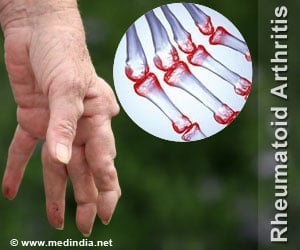Some dentists are full of pleasant surprises. They don't scrape and poke. They massage and hypnotise, look for disrupted energy flows and prescribe homeopathic remedies.
Some dentists are full of pleasant surprises. They don't scrape and poke. They massage and hypnotise, look for disrupted energy flows and prescribe homeopathic remedies.
Of course, such behaviour renders their more traditional-minded colleagues sceptical. Sometimes, there's only one thing they all agree on."We drill just like ordinary dentists," says Werner Becker of the Cologne-based German Federal Association of Natural Medicine Dentists. The important steps come before and after drilling, says Becker. "We don't just want to cure the symptoms, but look at the whole body."
Intestinal problems for example can lead to dental problems, which quickly links dental care to gastrointestinal care.
Natural medicine practitioners also look for alternatives to standard fillings and tooth replacements. Amalgams, artificial materials and metals all bring their own potential problems with them, says Becker.
But decisions have to be made on an individual basis. Some patients can easily withstand metals like gold. Others fare better with porcelain or plaster.
There's little doubt in the medical world that teeth are linked to the rest of the body.
Advertisement
Meyer still queries alternative treatments.
Advertisement
"Our research institute offers about 100 hours a year on topics such as acupuncture, homeopathy, hypnosis and jaw massage techniques," says Peter Minderjahn of the North Rhine Dental Association in Dusseldorf.
Minderjahn considers these methods "complementary" they could never substitute standard dental treatments but are worth considering when dental problems are tied up with other illnesses.
Source-IANS
SRM







